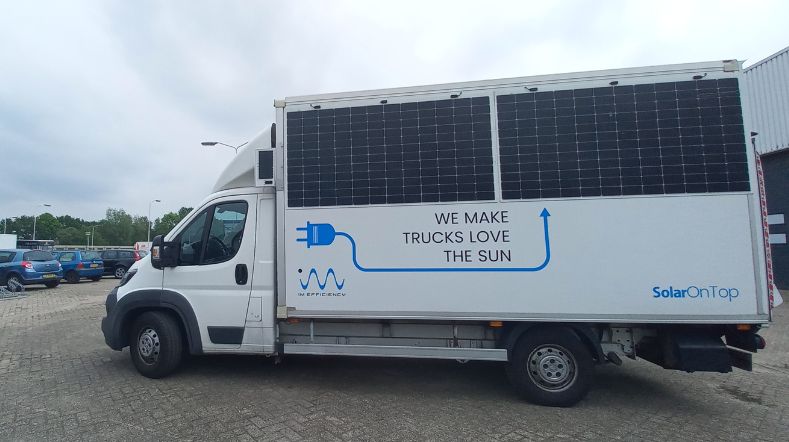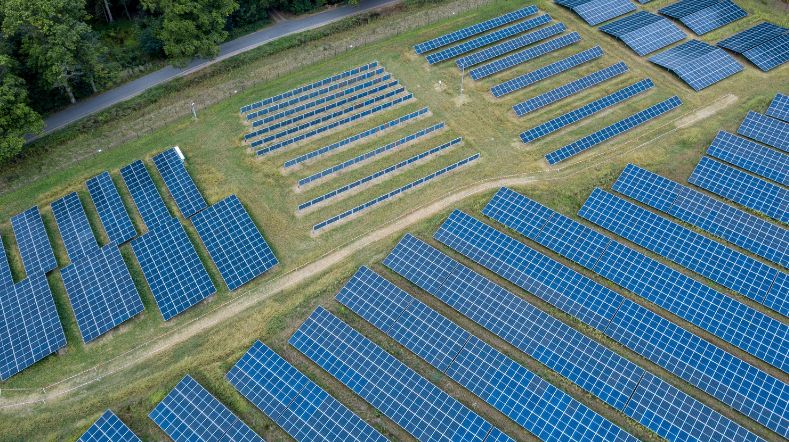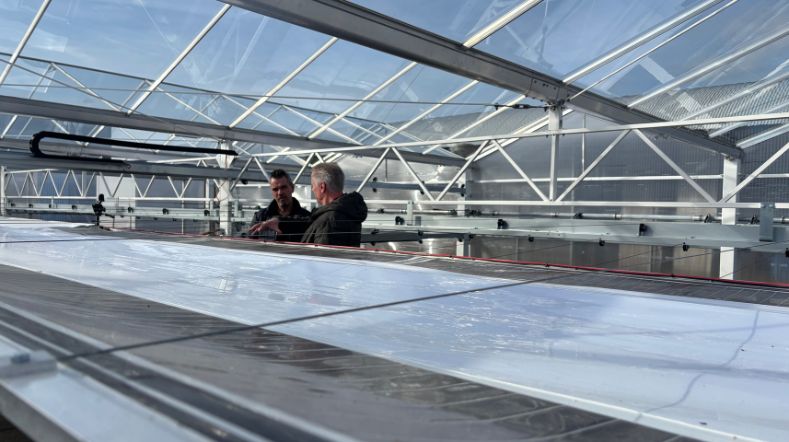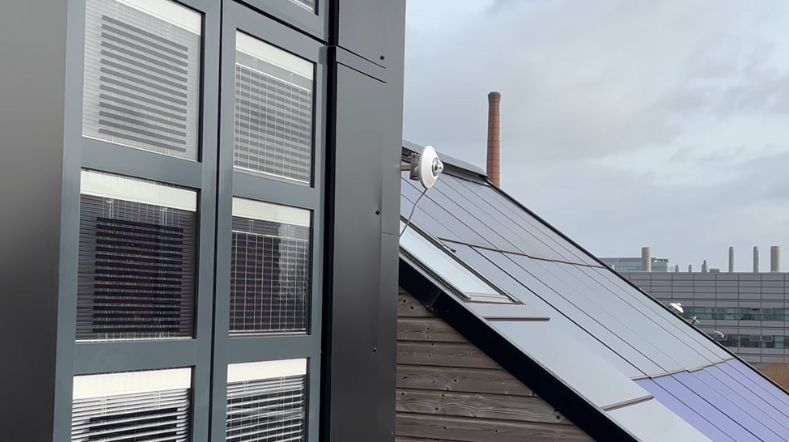
Favourable business case for solar heat in homes
Solar heat can make an important contribution to increasing the sustainability of our heat supply. Photovoltaic-thermic (PVT) systems on the roof can, in combination with a heat pump, supply homes with heat and hot water. This would make natural gas redundant, thereby decreasing carbon emissions. There are plenty of options, but what about the cost-benefit analysis? TNO has been investigating the business case. Solar heat is an interesting source of renewable energy, both on a technical and financial level.

‘We previously researched the potential of solar heat in our country, arriving at the conclusion that it could supply around ten percent of our total heat demand. But its business case was still a bottleneck. Solar heat needs to cost-effectively contribute to natural-gas-free neighbourhoods and making our energy supply more sustainable. It seems to be able to’.
Preferential business case
We investigated two applications: various systems for solar heat in a standard mid-terrace house; and for heat networks, optionally in combination with heat storage. For the houses, three types of systems were tested: solar boilers; solar-combi systems; and a PVT system as the source for a heat pump. The first system only generates part of the hot tap water; both other systems also contribute to heating the space, with PVT being able to supply 100 percent of this heat demand. These were compared to heat supply via an HE combi boiler, a hybrid heat pump, and an all-electric heat pump.
These comparisons revealed that replacing natural gas with solar heat always generates a preferential business case. On top of this, assuming a lifespan of 20 years, the total costs of solar-heat systems are lower than those of HE combi boilers or hybrid heat pumps. All three systems reduce carbon emissions, with the combination of PVT and a heat pump performing best.
The business case for solar heat (Dutch)
Download (pdf) the previously published 2020 report 'Aanzet tot Routekaart Zonnewarmte' (Dutch)
Logical first step
‘Incidentally, we looked at solar-heat systems that can supplement the heat demand of a home or heat network; not complete replacements’, explains Corry de Keizer. ‘We looked at whether solar heat as a supplement of, for example, a heat pump makes sense for hot tap water. It’s possible to combine solar collectors or PVT with solar panels (PV) that generate electricity. In many cases, solar boilers are a good option to supply homes with hot tap water. It’s a good first step in the direction of continuing to increase the sustainability of our homes. In such instances, the solar-heat system is combined with an HE combi boiler or a hybrid heat pump to generate the remainder of the required heat. This already generates a positive business case. And in times in which the price of electricity and gas are highly volatile, solar heat offers added value.’
Combination with heat networks
On a larger scale, the researchers looked at the business case of combining solar heat with heat networks. In this context, a large field of solar collectors and day-night storage would directly supply to a city’s heat network. Doing so could supply around 20 percent of the heat demand of the connected homes, depending on how much heat would be needed in summer.
An alternative to this is a field in which solar energy is not only generated, but also stored. This business case turned out to be more complicated. The researchers do see long-term potential, however. The advantage of storage, especially for an entire season, is the unburdening effect on the electricity network.
Tremendous opportunities
Corry de Keizer: ‘In conclusion, we can state that virtually all the applications of solar heat in the home result in lower carbon emissions, while simultaneously reducing the energy costs of residents. It’s even a good supplementing option for homes already equipped with an HE boiler. For homes that will need to replace their gas boiler within a few years, the combination of solar heat with a hybrid heat pump is especially promising. However, for a good business case, it’s important that the government continues to financially support solar heat for now. If the industry continues innovating and the costs of the systems keep decreasing, there are tremendous opportunities for the rollout of solar heat.’
Get inspired
Real-world data confirms potential of vehicle-integrated solar panels


New EcoCertified Solar Parks: solar parks that deliver both energy and nature


Shade screens with rollable solar foil combines energy generation with climate control in greenhouses


Building fires with solar panels mapped for the first time


New multifunctional solar window generates energy by reflecting light


